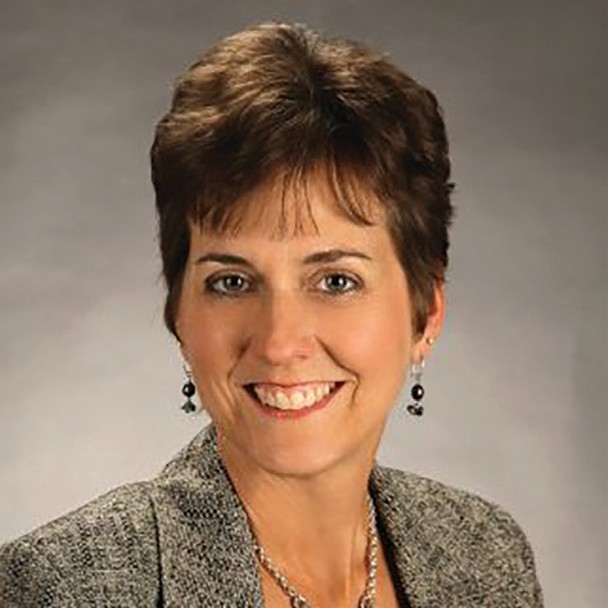
The notion of retirement has changed drastically in the past 20 years. The main drivers to this change in perspective are advances in science and medicine as well as our understanding of healthy lifestyle choices. Simply, we are living longer, healthier lives. Hooray!
In fact, many of us may enjoy more time post career years than we had in regular, full-time work. This presents an opportunity to think differently about the meaning and format of retirement. We may even need a new term to describe LIFE after full-time work! We certainly need to plan for this life opportunity.
So, how do we structure our plan for a new retirement scenario? How do we think about the aspects of our lives that will change?
Let’s consider what images we currently have about life after work. On the positive side, we may think fondly of relaxing on the beach or unlimited golfing. Well, that fills up some time but nowhere near the amount of time we will actually have. We may not have many other points of reference on what a “successful” retirement looks like. Usually, our only reference points are our own relatives or family friends. If people close to us “retired well,” (not just “well off” financially), then our outlook will probably be positive. If not, then retirement may seem scary. How can we plan to THRIVE in retirement?
A plan for a successful retirement experience should include thinking about our finances, family relationships, leisure, health, and wellness. Although we may not continue to “work,” we need to replace some of what we got from our work. Work fulfills many of our psycho/sociological needs that are present well beyond the need to make money. Working provides us with a somewhat predictable rhythm to our days. Work gives us mental challenge and a specific purpose. Finally, work provides social benefits which also stimulate and entertain. In contemplating life after full-time work, we need to be planning for supplementing or replacing these “functions” of work to remain vibrant and healthy.
Thinking through a plan for “life after full-time work” can be intimidating and overwhelming. This is a major life change. It is difficult to do it alone. And it’s never too early to begin.
A good place to start is to recruit a team. In addition to your loved ones, your pre-retirement planning team should include qualified, objective professionals such as a Wealth Management Advisor and a Certified Retirement Coach. The goal is to have “thinking partners” who can offer resources and challenge you to imagine and create the lifestyle you want following your full-time working years.
Make it a time for you to enjoy and thrive!
Tracy L. Stough Grajewski, Owner | Laurel Summit Insights | www.laurelsummitinsights.com | 724-858-6511


